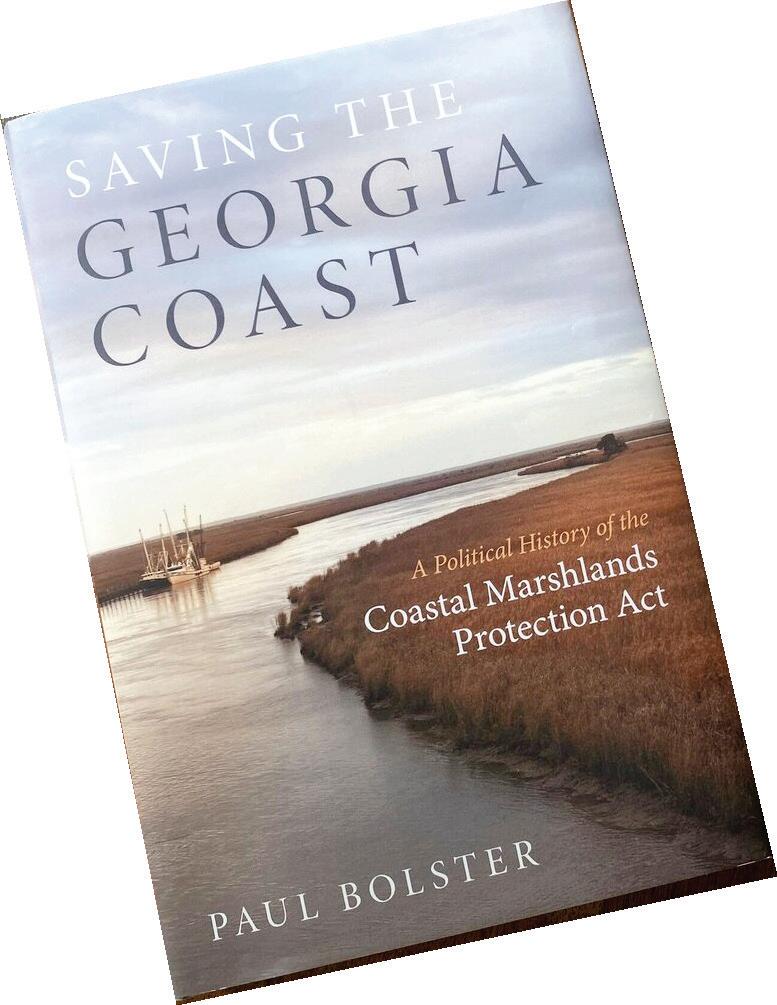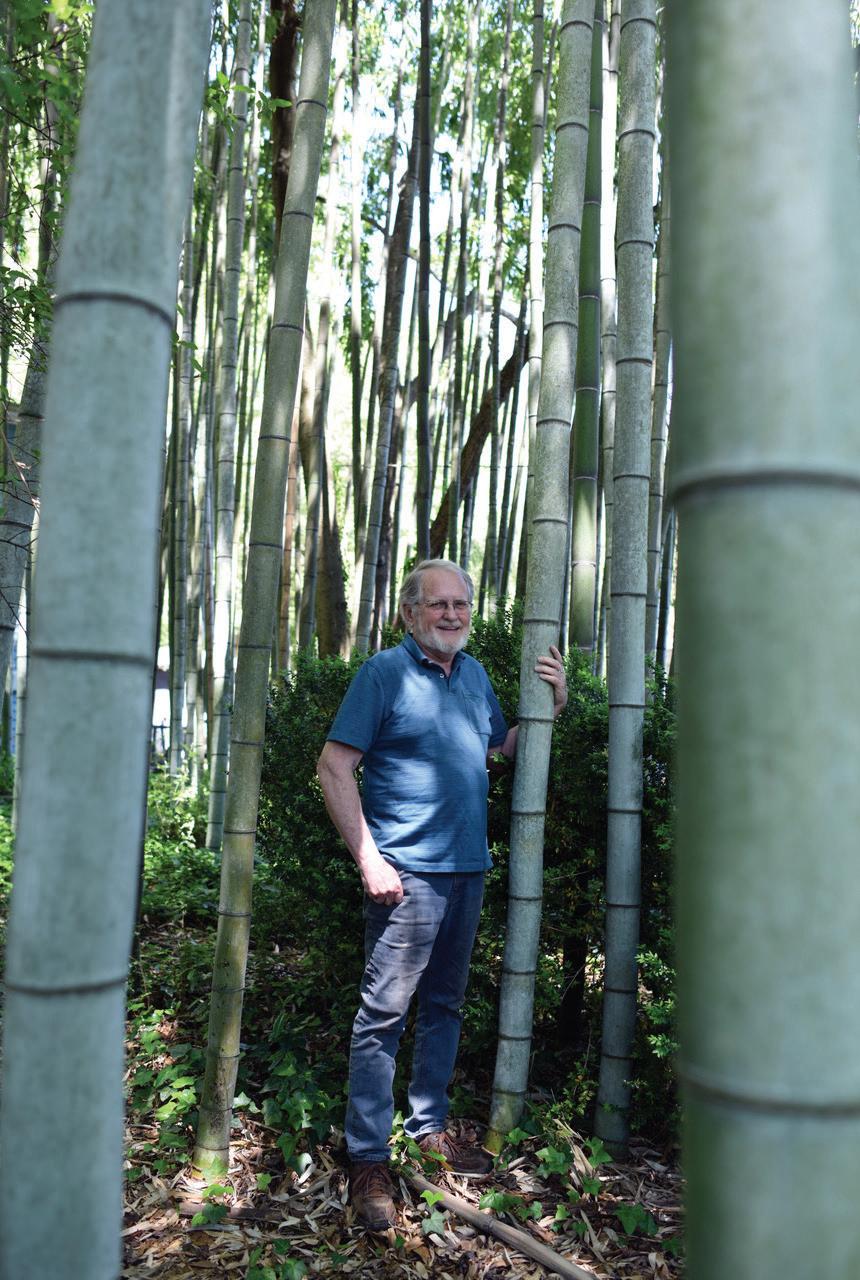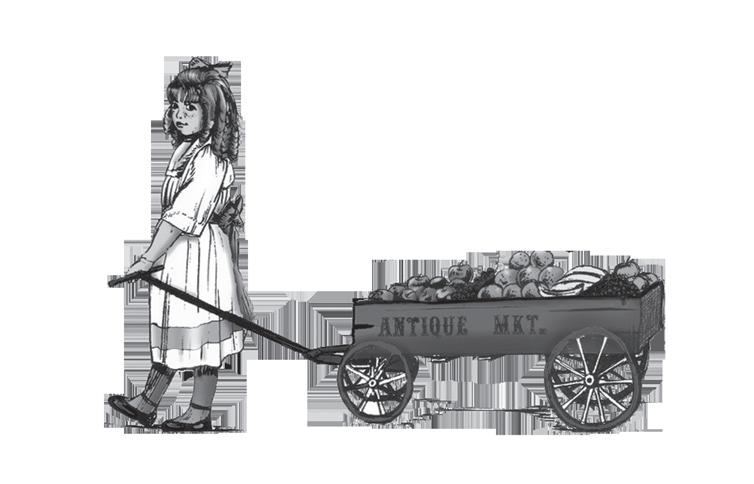
1 minute read
Paul Bolster
A love for the Georgia coast led Paul Bolster to write his award-winning book “Saving the Georgia Coast,” but a lifetime of other experiences also helped prepare him for the work.

“I have done a lot of different things in my 77 years: college professor in history, member of the Georgia House of Representatives, lobbyist, lawyer, non-profit manager of health care for the homeless, housing advocate and community activist,” he said.
Although he wrote a history of Black protest movements in Georgia for his doctoral dissertation at the University of Georgia in 1972, his life took a different turn at age 29. That’s when he decided to pour his energy into politics and legislation. He served as a member of the Georgia House of Representatives from 1975 until 1987.
In 2008, while vacationing on Tybee Island, he discovered the untouched marshes of Little Tybee Island.
“How could this be here?” he asked himself. “No mega beach houses, no slips for yachts, no signs to ‘Keep Out!’?” The book came from those questions.”
Bolton approached the University of Georgia Press. He sent a proposal, and samples of his work. After several peer reviewers gave him positive feedback, UGA Press published his work.
The result is “Saving the Georgia Coast,” published in 2020. It’s the story of the political efforts to preserve the 100 miles of fragile
Georgia coast, and the characters and “Georgia heroes” who put the public’s will into a law.

The book has received The Georgia Historical Archives Council for excellence in documenting Georgia’s history and the Philip Reed 2021 Award for Environmental Writing given by the Southern Environmental Law Center.
What’s his next chapter?
“I’ve always thought that I could write a novel, but I’m afraid as a historian I might include too much history, too many facts,” he said. But he’s giving fiction a try, perhaps to put together something “helping people understand the electoral process.”










